- Expert advice/
- Relationship advice/
- Anniversaries/
- How to Plan a Catholic Vow Renewal
- Anniversaries
How to Plan a Catholic Vow Renewal
Planning on doing a Catholic vow renewal to celebrate your marriage? Read on for our top tips and advice.
Last updated February 5, 2024
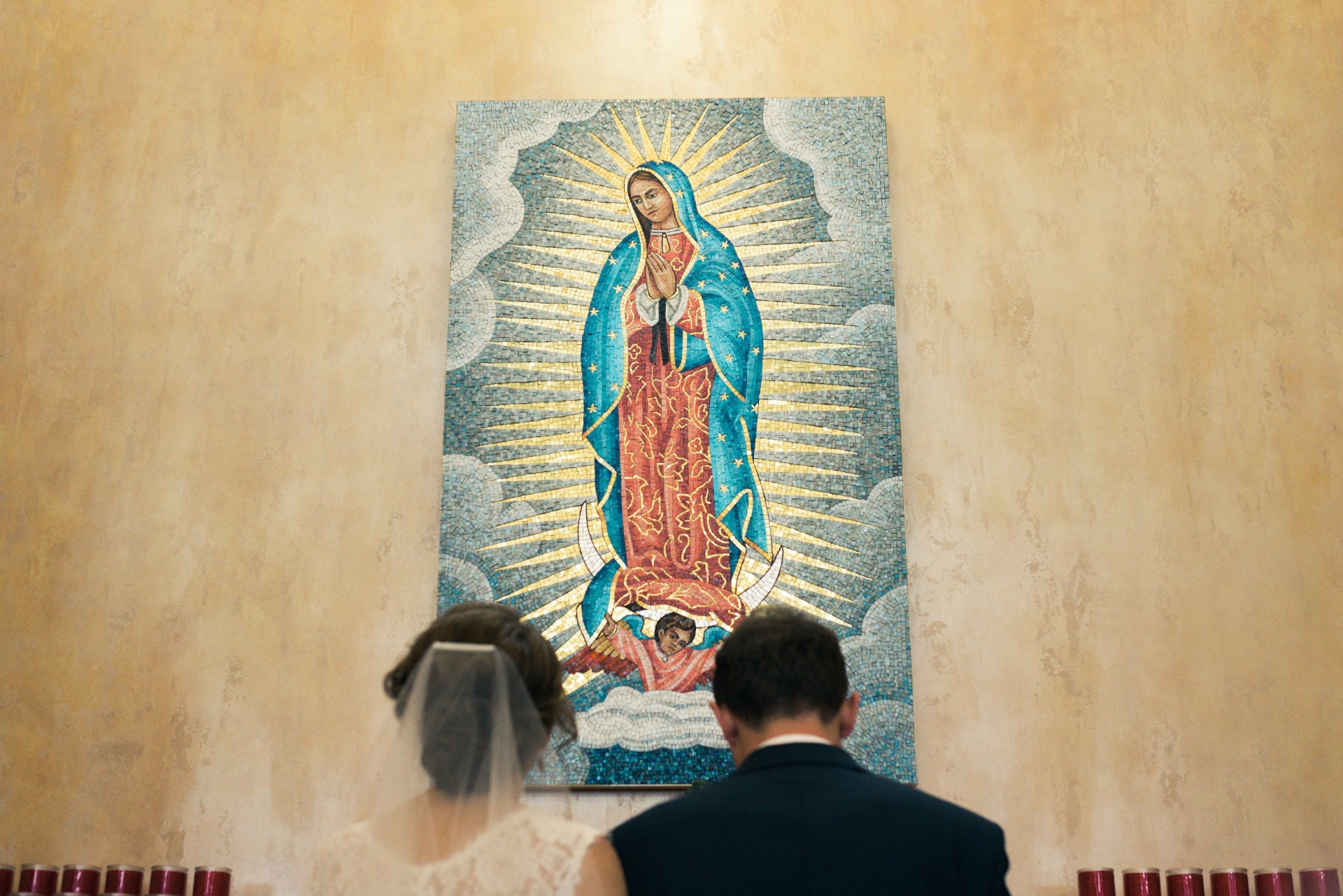
Vow renewals often come with many questions...and when you incorporate faith into the mix, you’re served a whole set of new ones. When is a wedding vow renewal appropriate? What format should it be done in? Does the ceremony need to be in a place of worship? Are you supposed to send vow renewal invitations?
Since Catholic weddings are much more common than Catholic vow renewals, there’s naturally going to be more guidance available to couples getting married than those renewing their wedding vows. If you want your vow renewal ceremony to be closely linked with your Catholic faith, then there are some additional steps and questions to ask to make sure the ceremony is aligned with the church.
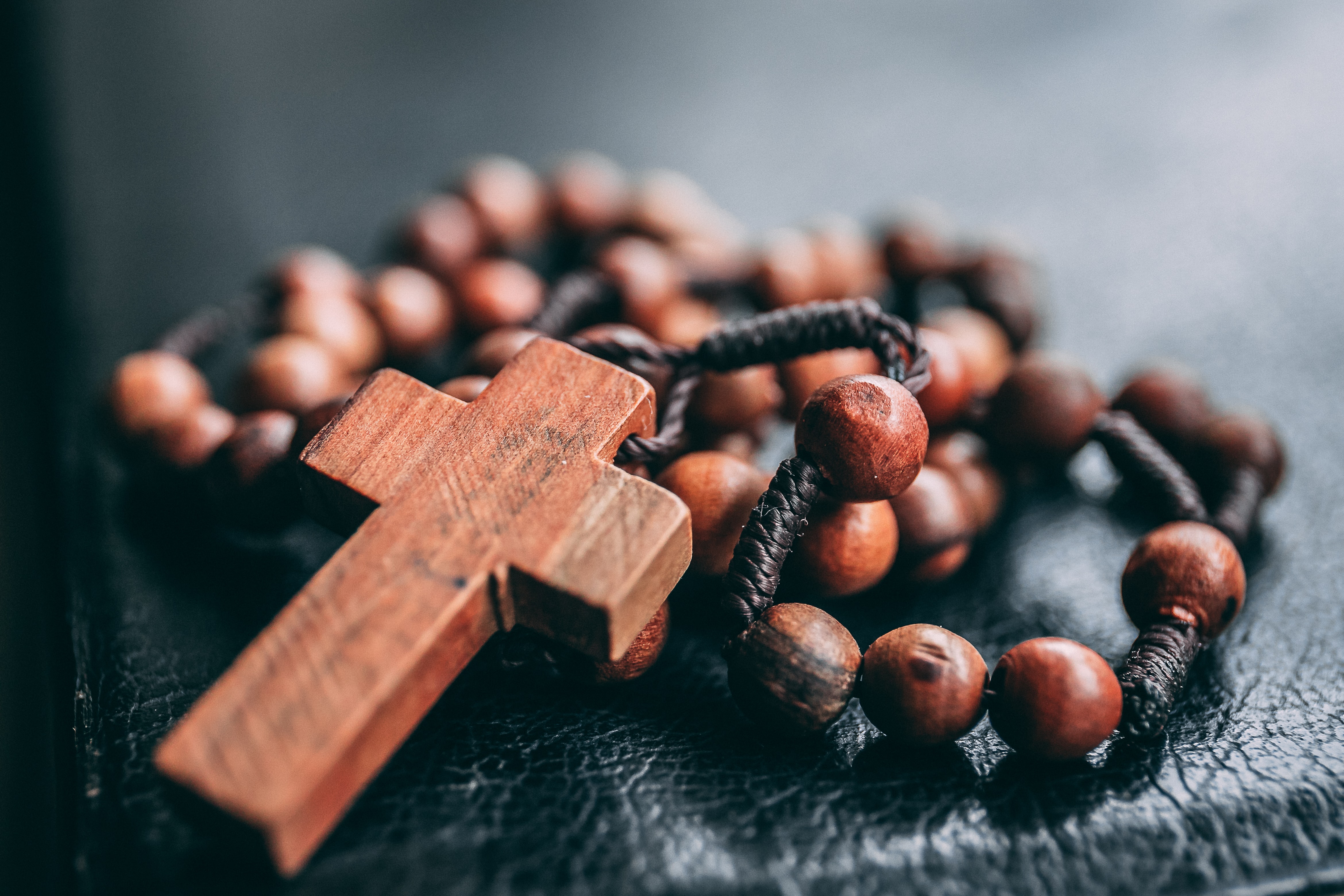
Focus on What Matters Most to You
Just like any other vow renewal or marriage-related celebration, Catholic vow renewals can come in many different forms. If what’s most important to you is having your union validated by the church, then make sure you take all the proper steps and gather insight from advisors within the organization on how to do so. However, if you would like to incorporate parts of your faith without going through all of the proper processes, that’s okay, too. Just make sure you have a firm idea of where you stand as a couple before making any big decisions or financial commitments (like booking a wedding venue).
Consult With a Priest or Pastor
If you want the vow renewal ceremony to be approved by the church, it’s extremely important to discuss the necessities and logistics with a Catholic priest or someone who can serve as your advisor. They’re not only helpful for providing spiritual guidance, but they’re also the ones who make sure that the church can bless your current union. In some cases, they may also be the ones “officiating” the vow renewal ceremony, depending on the route you choose to take.
Remember: A Vow renewal Is Not the Same as a Convalidation Ceremony
In the Catholic faith, a convalidation ceremony is a way of recognizing an otherwise legal marriage that was performed without Catholic oversight. Couples who married a partner of another faith, used a non-denominational officiant, or simply didn’t go through the proper process to have their marriage approved by the church (i.e. elopements) often consider convalidation ceremonies to legitimize their union.
Nonetheless, a vow renewal can (and sometimes, must) take the form of a convalidation ceremony or require one before the vow renewal can take place. If you and your partner eloped or fit any of the other descriptions above, your marriage may not formally be recognized by the Catholic Church until a convalidation ceremony takes place.
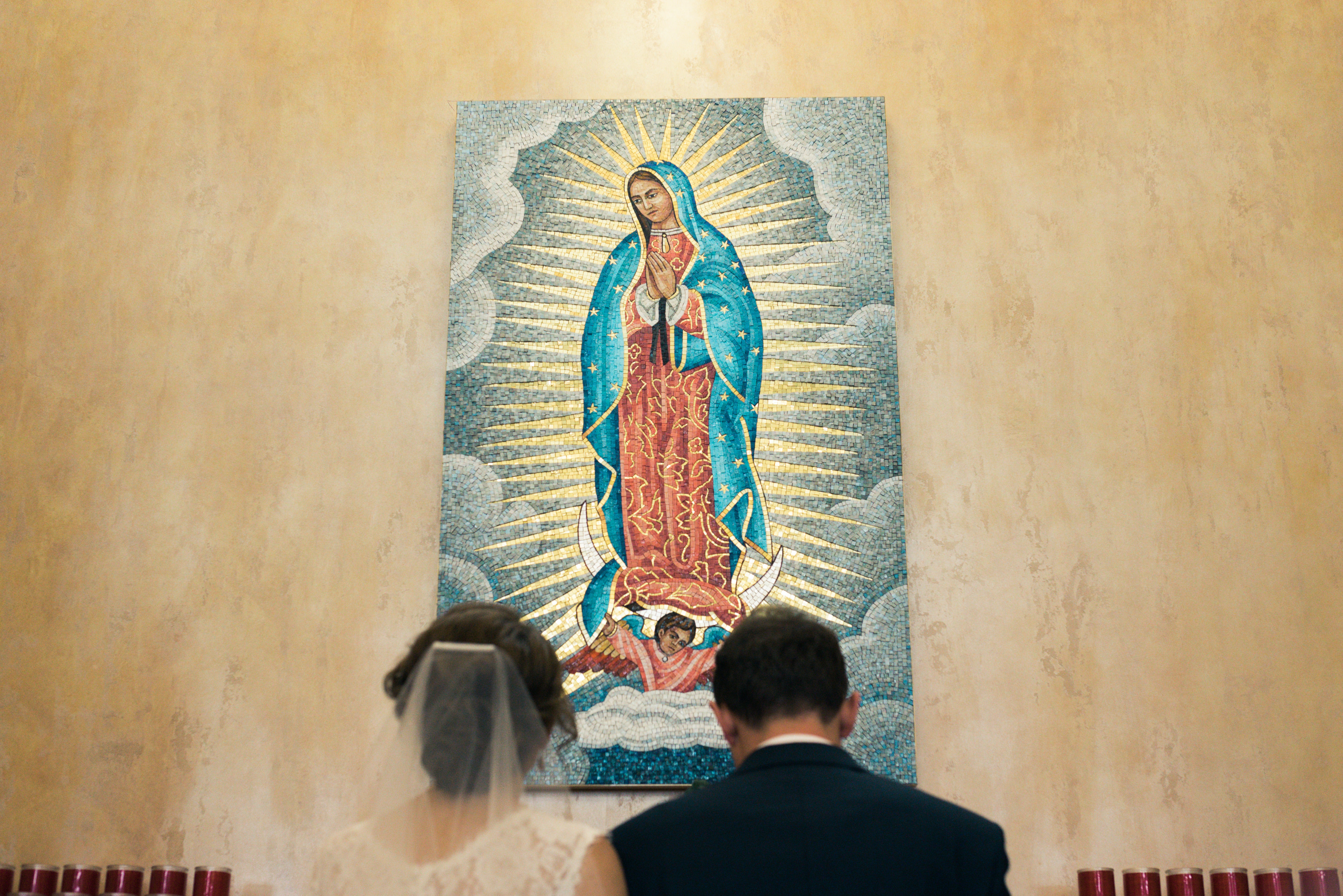
Know That There May Be Some Hurdles if Your Partner Isn’t Catholic
As mentioned above, even if you and your partner are legally married, there may be some stipulations that mean your union isn’t yet recognized by the Catholic Church. This isn’t a reason to fret, though—it just might mean taking a few extra steps to have your marriage validated by the church first.
If your partner is of another faith or denomination, it’s best to talk with a Catholic priest about your diocese’s policy on convalidation of marriage for interchurch couples. Even if you decide convalidation isn’t for you, there are many other ways you can incorporate your faith into the ceremony (or wedding vows themselves).
Keep Tradition in Mind, But Make It Your Own
The church may be the most obvious place to hold a Catholic vow renewal, but that doesn’t mean your backyard is out of the question for your vow renewal ceremony. And it's not uncommon for faith-based vow renewals to take place on a big anniversary, but that doesn’t mean you’re forced to wait 20 years to reaffirm your commitment to one another. While tradition may be important, what’s most important is that you plan a ceremony that feels most authentic to you as a couple.
This is a tricky one if your main priority is to validate your marriage through the church. However, if you’re the couple that’s looking to simply incorporate Catholic elements, there are plenty of other ways to acknowledge your faith. Consider having your pastor read a scripture that really resonates with you or including a cross as a backdrop to your renewal wedding ceremony. You can even find ways to include mentions of your faith in your vows themselves. Most importantly: Do what you feel most aligns with you and your beliefs.
Up next for you

Simple Vow Renewal Ideas
Inspiration
Looking for simple vow renewal ideas? Discover top tips and recommendations from the pros at Zola today.

How to Decorate for a Vow Renewal Ceremony
How-To
Don’t know how to decorate a space for a vow renewal? Our experts at Zola can help! Read on to discover more.
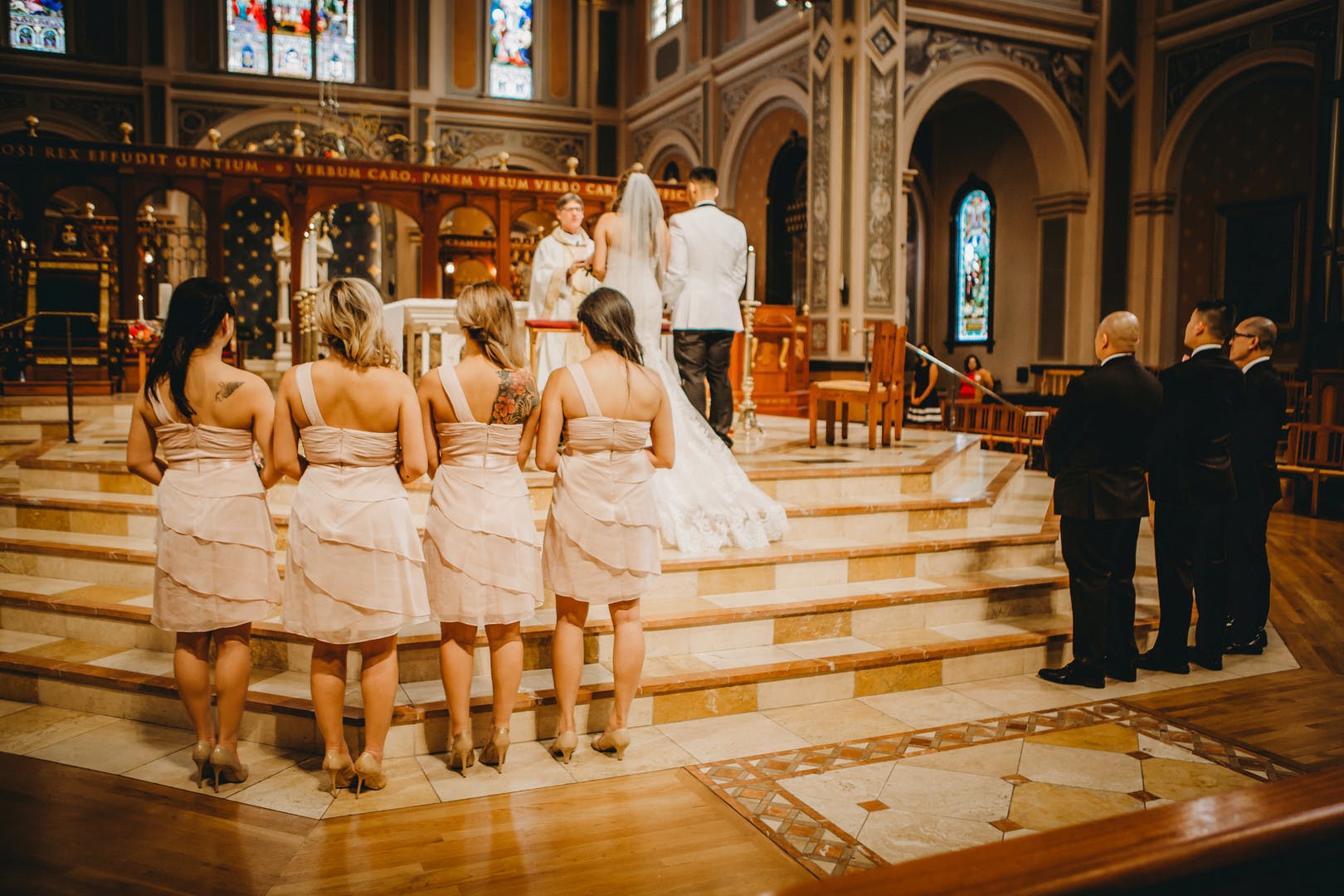
What to Wear to a Church Wedding
How-To
A church wedding typically requires a more conservative outfit choice. Check out our guide to a church wedding dress code.

A Guide to Wedding Ceremony Programs
Inspiration
Wedding ceremony programs communicate valuable information to your guests about your ceremony service—find out all you need to know to choose, word, and personalize your wedding programs.
Featured
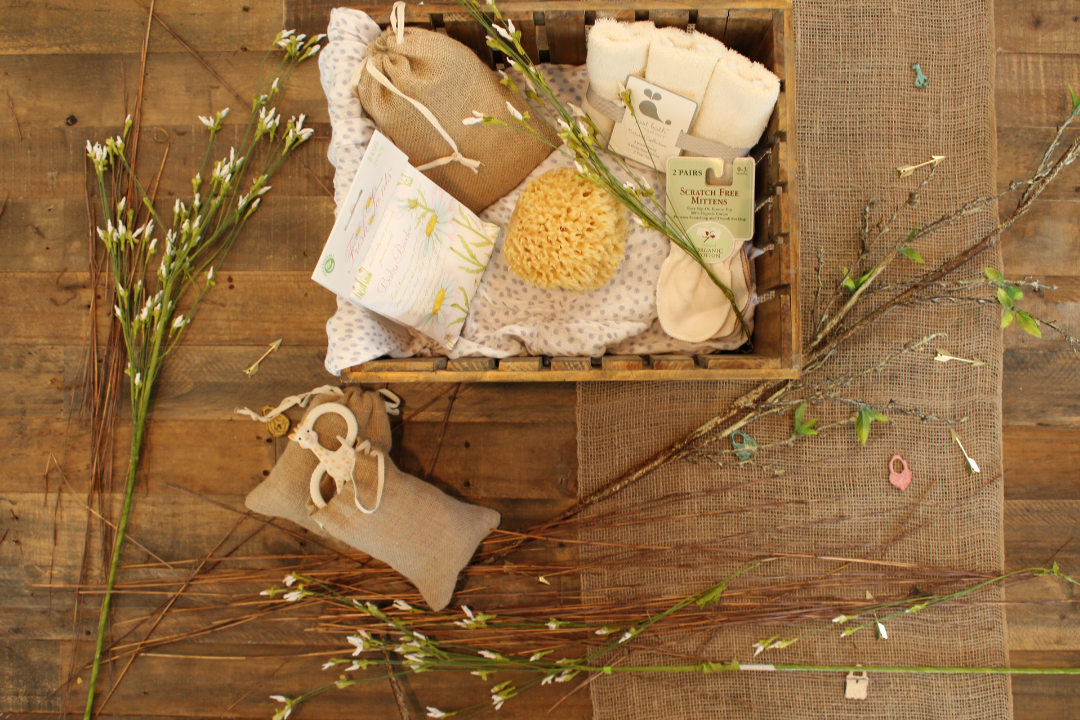
20th Wedding Anniversary Ideas
Inspiration
Check out our latest blog for fun and creative 20th-anniversary ideas! Read our blog for more inspiration.
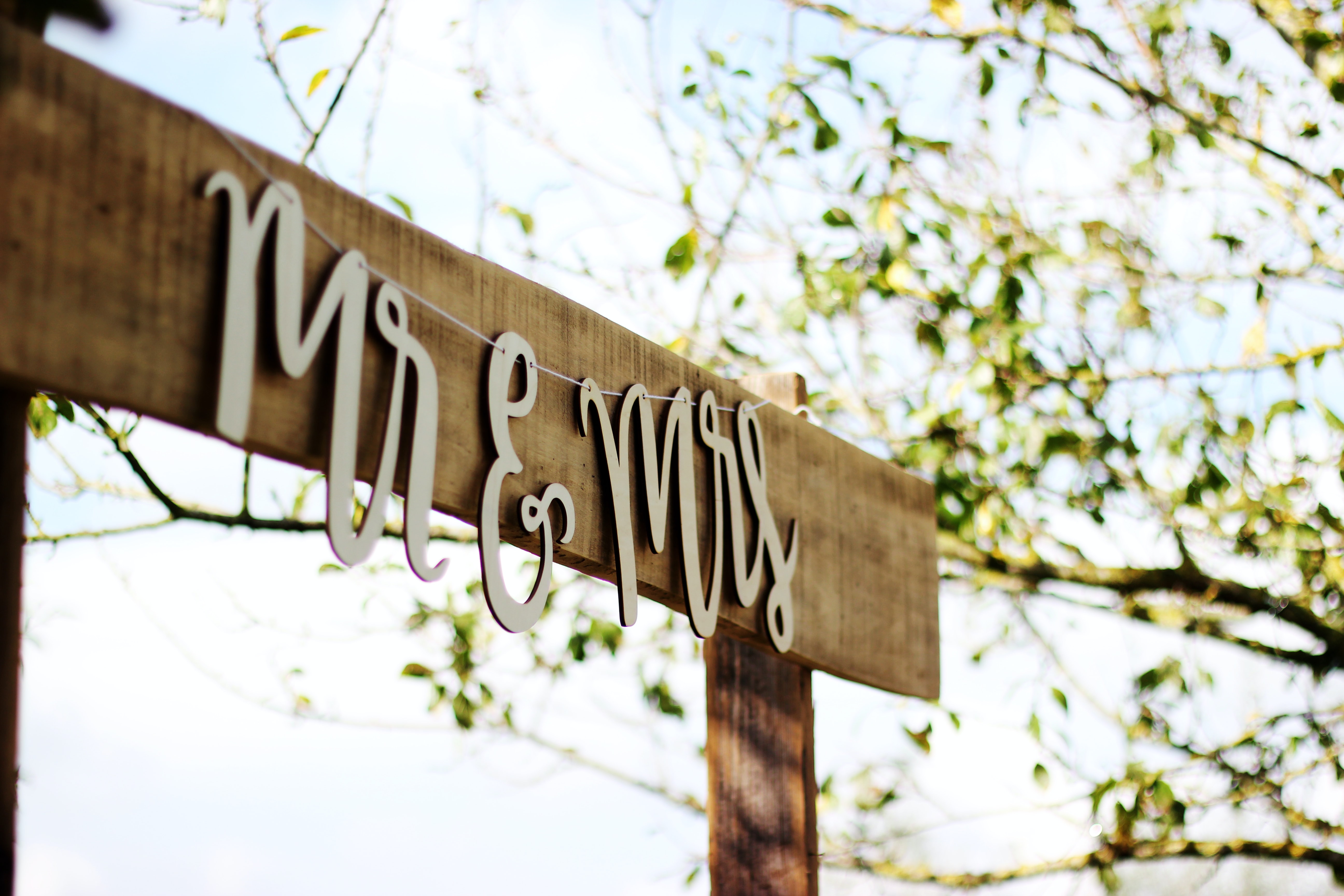
8 Vow Renewal Wording Tips & Tricks
How-To
Feeling stuck when it comes to how to write your renewal vows? We can help. Check out our latest tips here.
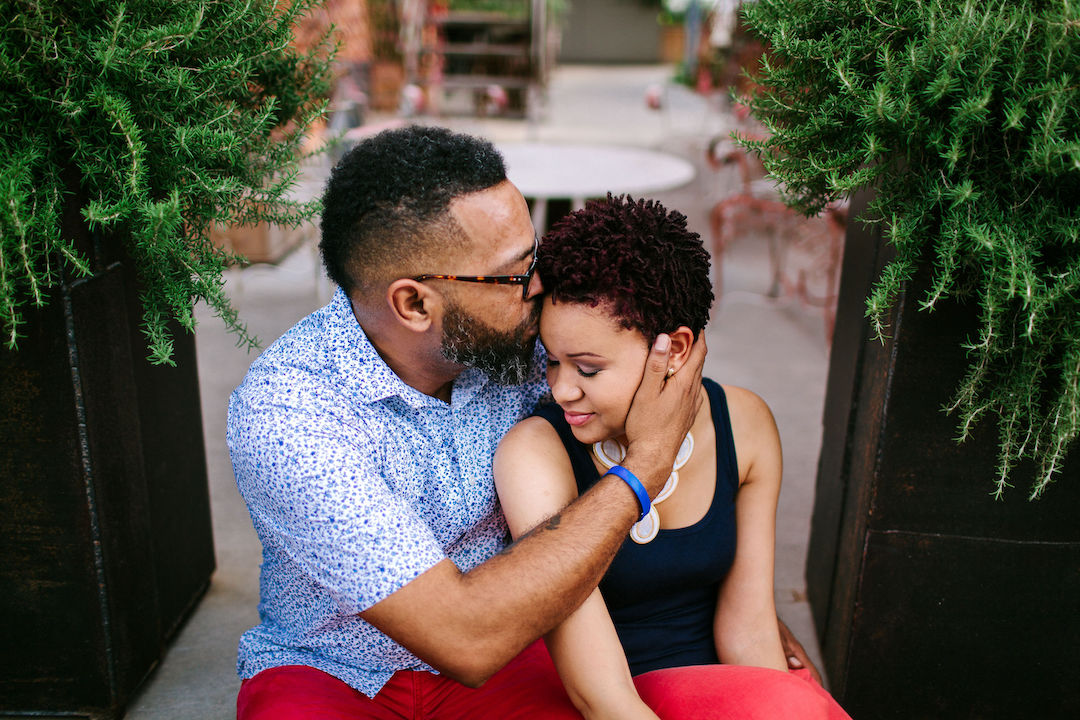
Anniversary Gifts By Year: What to Give Your Partner and Why
List
Celebrate each year and every marriage milestone with traditional wedding anniversary gifts.
- Expert advice/
- Relationship advice/
- Anniversaries/
- How to Plan a Catholic Vow Renewal
Find even more wedding ideas, inspo, tips, and tricks
We’ve got wedding planning advice on everything from save the dates to wedding cakes.
